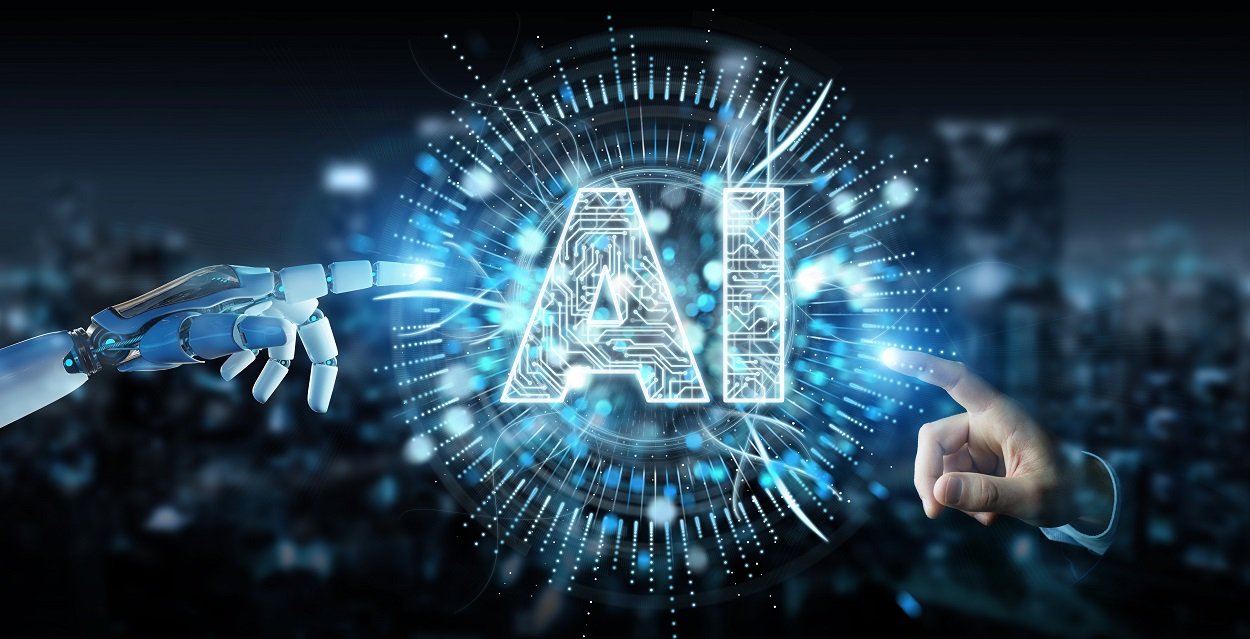
Artificial intelligence (AI) is a transformative technology that has revolutionized industries, reshaped economies, and redefined the way we interact with machines and data. From intelligent virtual assistants to advanced data analytics, AI has become ubiquitous in our daily lives, powering everything from personalized recommendations on streaming platforms to autonomous vehicles navigating city streets. In this comprehensive guide, we’ll delve into everything you need to know about artificial intelligence, including its definition, applications, impact on society, ethical considerations, and future prospects.
Defining Artificial Intelligence
At its core, artificial intelligence refers to the ability of machines and computer systems to perform tasks that typically require human intelligence. This encompasses a range of capabilities, including learning from experience, understanding natural language, recognizing patterns, making decisions, and solving complex problems. AI systems are designed to mimic cognitive functions associated with human intelligence, albeit in a computational and algorithmic manner.
Types of Artificial Intelligence
AI can be categorized into several types based on its capabilities and functions:
Narrow AI: Also known as weak AI, narrow AI is designed to perform specific tasks or functions within a limited domain. Examples include speech recognition, image classification, and recommendation systems.
General AI: General AI, also referred to as strong AI or artificial general intelligence (AGI), represents the hypothetical ability of AI systems to perform any intellectual task that a human being can. AGI remains a long-term goal of AI research and development.
Machine Learning: Machine learning is a subset of AI that focuses on algorithms and statistical models that enable computers to learn from data and make predictions or decisions without being explicitly programmed. Deep learning, a subfield of machine learning, uses neural networks to model complex patterns and relationships.
Reinforcement Learning: Reinforcement learning is a type of machine learning where an agent learns to make decisions by interacting with an environment and receiving feedback in the form of rewards or penalties. This approach is often used in training AI systems for tasks such as game playing and robotics.
Applications of Artificial Intelligence
AI has found widespread applications across various industries and sectors:
Healthcare: AI is used for medical imaging analysis, predictive analytics for patient outcomes, drug discovery, virtual health assistants, and personalized treatment plans.
Finance: AI powers algorithmic trading, fraud detection, credit scoring, risk assessment, chatbots for customer service, and financial planning tools.
Retail: AI enables personalized recommendations, demand forecasting, supply chain optimization, chatbots for customer support, and visual search in e-commerce platforms.
Transportation: AI is used in autonomous vehicles, route optimization, traffic management, predictive maintenance for vehicles and infrastructure, and logistics planning.
Education: AI facilitates personalized learning experiences, adaptive tutoring systems, automated grading and feedback, and intelligent educational content creation.
Manufacturing: AI drives automation in manufacturing processes, quality control through computer vision, predictive maintenance for machinery, and supply chain optimization.
Entertainment: AI powers content recommendation algorithms for streaming services, virtual assistants for gaming, music composition, and video editing tools.
Impact on Society
The proliferation of AI has brought about significant societal impacts, both positive and challenging:
Advancements in Efficiency: AI has improved efficiency and productivity in various industries, leading to cost savings, faster decision-making, and streamlined operations.
Enhanced Personalization: AI enables personalized experiences for consumers, such as tailored recommendations, targeted advertising, and customized products or services.
Automation of Tasks: AI-driven automation has led to the automation of repetitive tasks, freeing up human resources for more creative and strategic roles.
Ethical and Social Challenges: AI raises ethical concerns related to privacy, bias in algorithms, job displacement due to automation, accountability for AI decisions, and potential misuse of AI technologies.
Ethical Considerations
As AI continues to evolve and integrate into society, addressing ethical considerations becomes crucial:
Transparency: AI systems should be transparent, with clear explanations of how they make decisions and recommendations.
Fairness: Efforts should be made to mitigate bias in AI algorithms and ensure fair treatment across diverse populations.
Privacy: Protecting individuals’ privacy and data rights is essential, particularly in AI applications that involve sensitive information.
Accountability: Establishing accountability frameworks and mechanisms for AI systems is necessary to address potential harms or unintended consequences.
Future Prospects
The future of AI holds immense promise and potential:
Advancements in AI Capabilities: Continued research and development will lead to advancements in AI capabilities, including better natural language understanding, enhanced decision-making, and more sophisticated AI systems.
AI-Powered Innovation: AI will drive innovation across industries, leading to new products, services, and business models that improve quality of life and address societal challenges.
Human-AI Collaboration: The focus will shift towards human-AI collaboration, where AI systems augment human capabilities rather than replace them entirely, leading to new opportunities for creativity, problem-solving, and innovation.
Ethical AI Adoption: There will be a growing emphasis on ethical AI adoption, with increased regulation, standards, and guidelines to ensure responsible AI development and deployment.
In conclusion, artificial intelligence is a transformative technology with far-reaching implications for society, economy, and humanity as a whole. Understanding AI’s capabilities, applications, impacts, ethical considerations, and future prospects is essential for navigating the evolving AI landscape and harnessing its potential for positive change. As AI continues to evolve, the key lies in responsible and ethical AI adoption, ensuring that AI technologies benefit humanity while mitigating risks and challenges.


